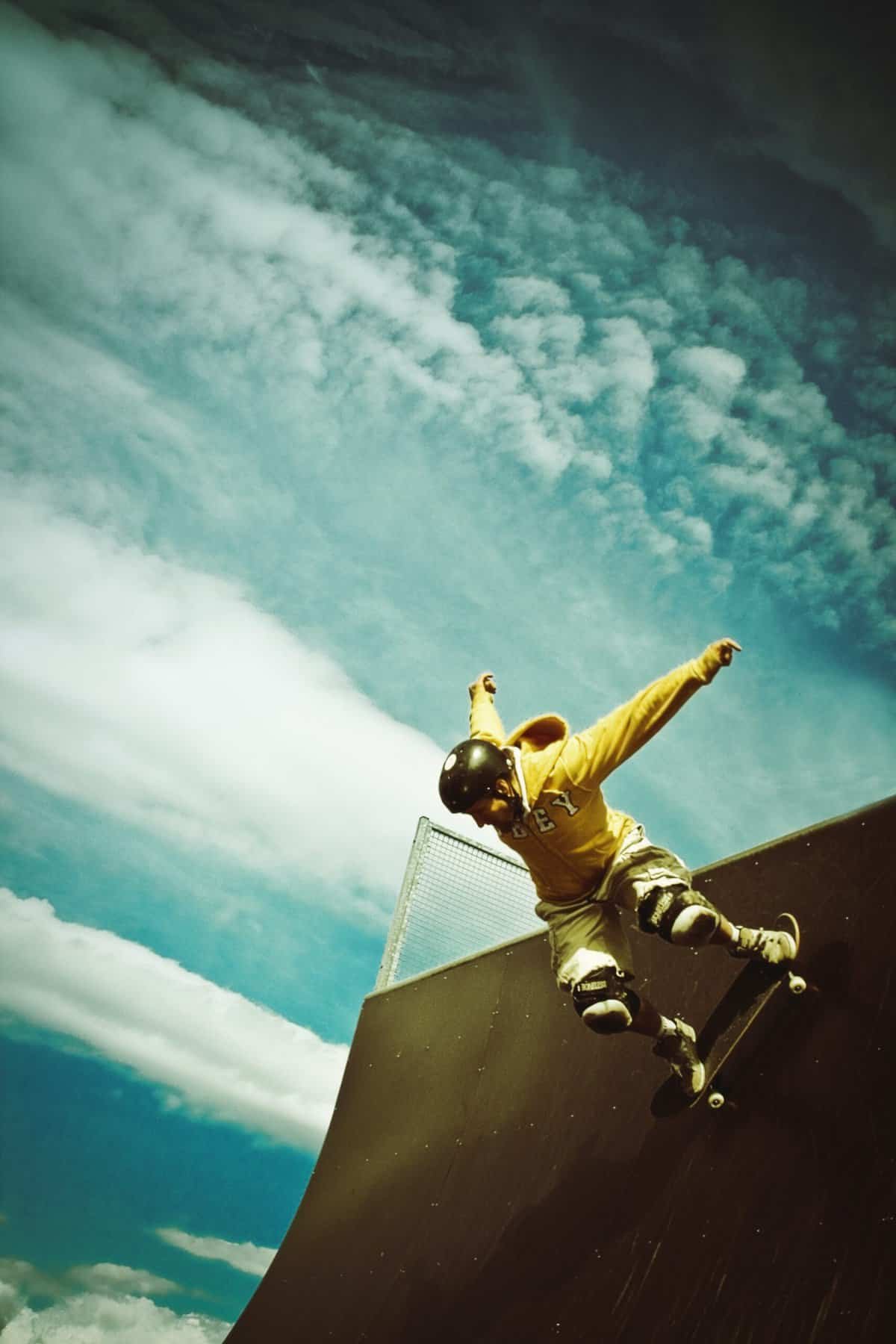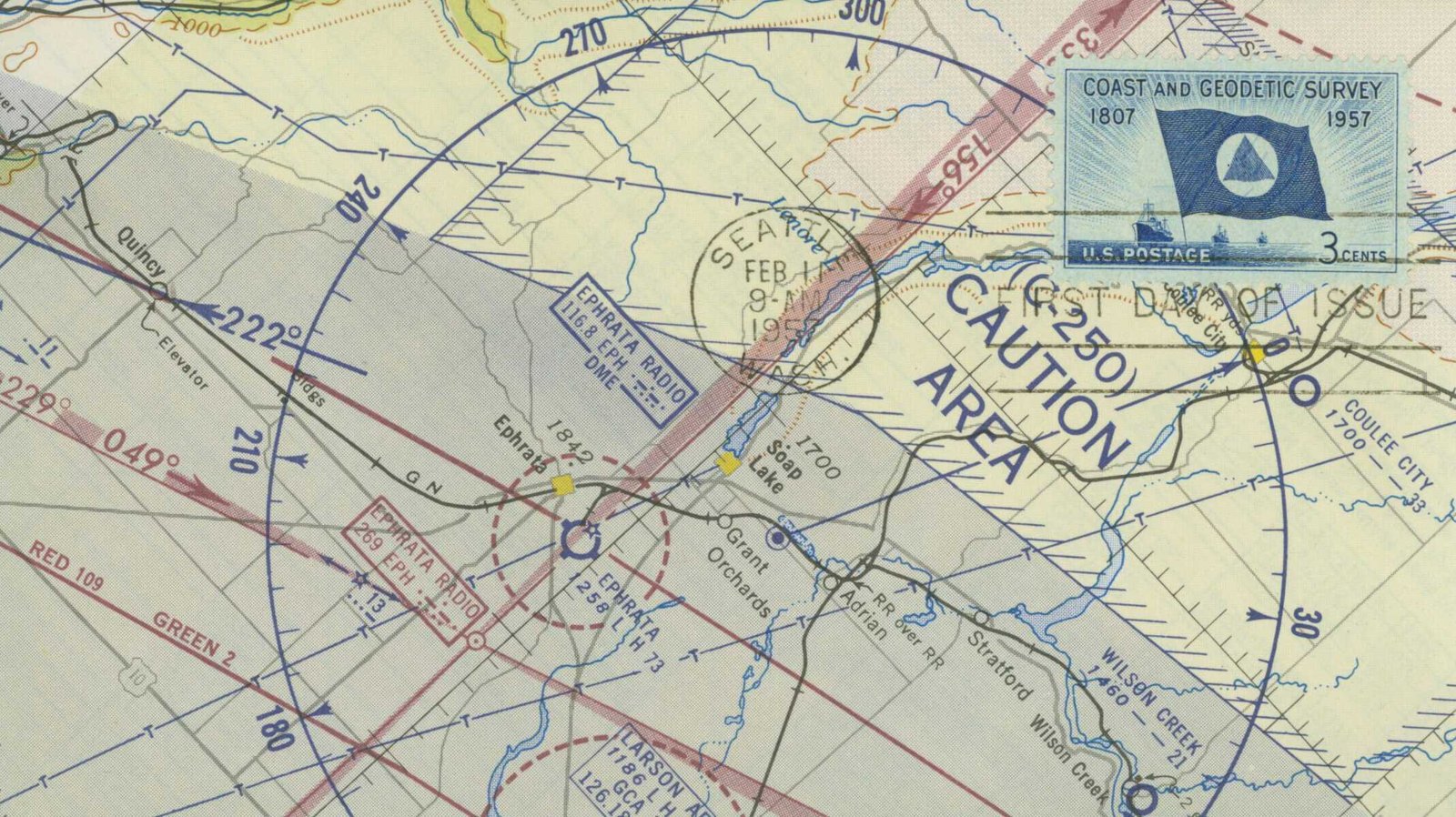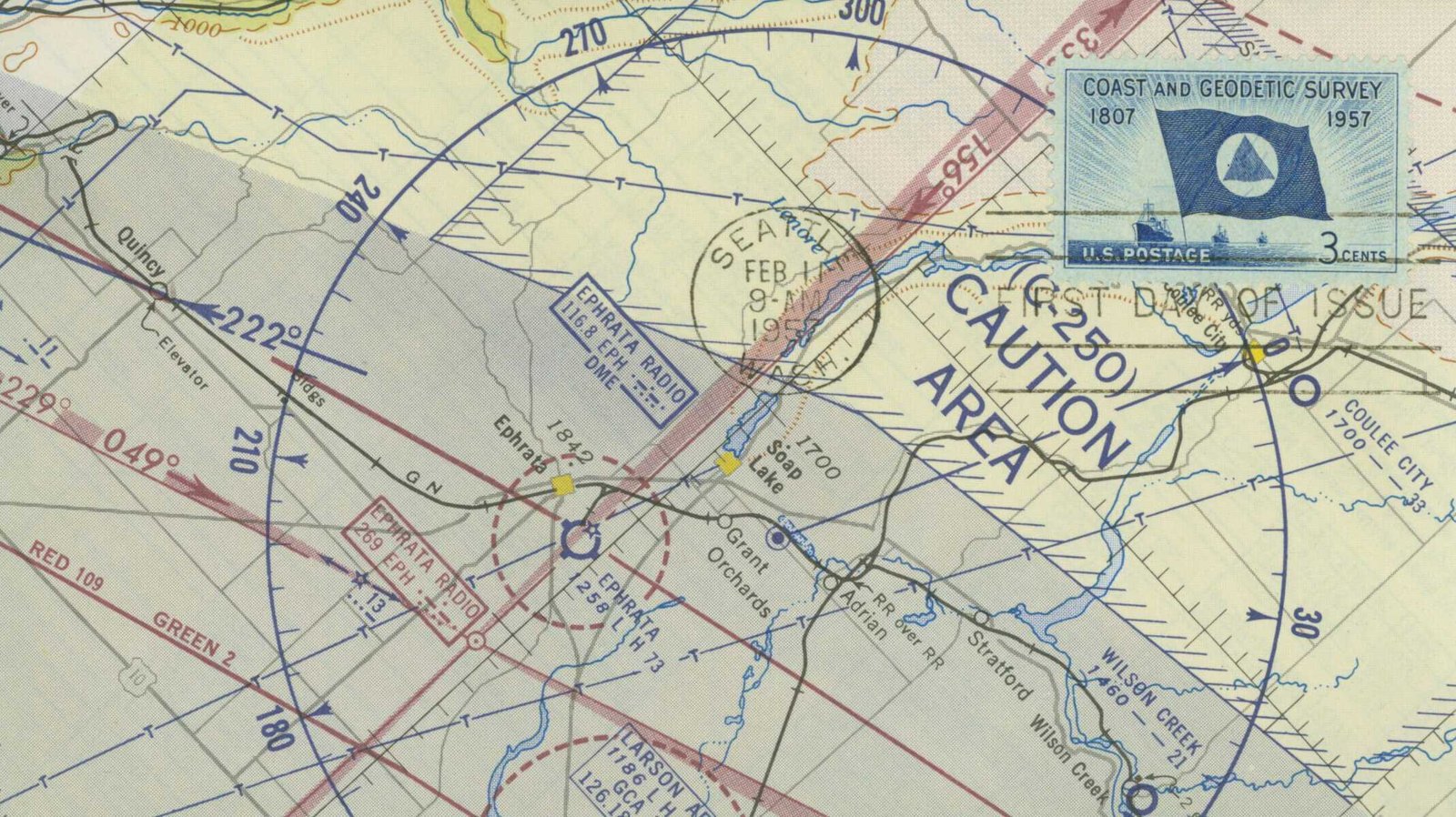Imagine gliding effortlessly on your skateboard, executing tricks with grace and precision. Have you ever wondered how these skilled skateboarders achieve such mastery? The answer lies in the vital support and guidance they receive from skateboarding mentors and role models. These individuals play a crucial role in the skill development of aspiring skateboarders, providing encouragement, knowledge, and inspiration. In this article, we will explore the significant impact that skateboarding mentors and role models have in shaping the abilities and mindset of those eager to conquer the world of skateboarding.

The Importance of Skateboarding Mentors and Role Models
Skateboarding is not just a sport; it’s a way of life. For many individuals, it offers a sense of freedom, self-expression, and the opportunity for personal growth. But what truly enhances the skateboarding experience is the presence of mentors and role models who guide and inspire beginner and novice skaters. Mentors and role models play a crucial role in building a thriving skateboarding community and fostering skill development.
1. Building a Thriving Skateboarding Community
1.1 Creating a Supportive Environment
One of the key aspects of building a thriving skateboarding community is creating a supportive environment. This entails encouraging inclusivity and diversity within the skateboarding scene and providing emotional support to skaters.
1.1.1 Encouraging Inclusivity and Diversity
Inclusivity and diversity are essential for the growth and development of any community. In the context of skateboarding, it means embracing skaters of different skill levels, backgrounds, ages, and genders. By fostering an inclusive community, mentors and role models can help create an environment where everyone feels welcome and valued, regardless of their level of expertise.
1.1.2 Providing Emotional Support
Skateboarding is not without its challenges. Whether it’s landing a difficult trick or facing fear, skaters often encounter obstacles that can be discouraging. This is where mentors and role models step in to provide emotional support. By offering encouragement, understanding, and empathy, they help skaters overcome challenges and develop resilience.
1.2 Promoting Collaboration and Camaraderie
Collaboration and camaraderie are integral to the growth and success of a skateboarding community. Skaters thrive on the energy and motivation they derive from their peers. Mentors and role models can play a significant role in fostering collaboration and camaraderie.
1.2.1 Inspiring Friendly Competition
Competition can be a driving force for skill progression in skateboarding. However, it is essential to inspire friendly competition that promotes growth rather than discouragement. Mentors and role models can set positive examples by encouraging healthy competition, emphasizing sportsmanship, and celebrating achievements.
1.2.2 Encouraging Skateboarding Community Events
Skateboarding community events offer an excellent platform for skaters to connect, learn from each other, and showcase their skills. Mentors and role models can play a vital role in organizing and promoting such events. From skateboarding workshops and clinics to skill-sharing sessions, these events provide opportunities for skaters to collaborate and bond with fellow enthusiasts.

2. Fostering Skill Development through Guidance and Support
Building skateboarding skills requires more than just practice; it requires guidance and support from experienced mentors and role models. These individuals offer their expertise, knowledge, and mentorship to help skaters grow and develop their skills.
2.1 Providing Expertise and Knowledge
Mentors and role models possess valuable experience and knowledge of skateboarding techniques, safety practices, and equipment. By sharing this expertise, they guide skaters in their skill development journey. From teaching proper foot placement to explaining advanced tricks, their insights ensure skaters develop a solid foundation and progress in a safe and efficient manner.
2.2 Mentoring Personal Growth and Discipline
Skateboarding is not just about mastering tricks; it also teaches valuable life skills such as discipline, perseverance, and self-confidence. Mentors and role models serve as mentors in this aspect, too.
2.2.1 Instilling Perseverance and Self-Discipline
Skateboarding can be frustrating at times, especially when attempting challenging tricks or enduring falls. Mentors and role models instill perseverance and self-discipline by teaching skaters to embrace failures as learning opportunities and encouraging them to persist in their practice. These qualities are not only beneficial in skateboarding but also in all aspects of life.
2.2.2 Teaching Patience in Skill Development
Learning new skateboarding skills takes time and patience. Mentors and role models understand this and guide skaters in developing patience throughout their skill development journey. They emphasize the importance of consistent practice, gradually building up skills, and not getting discouraged by slow progress. By teaching skaters to embrace the process rather than solely focusing on the end result, these mentors and role models help them cultivate patience and enjoy the journey.
2.2.3 Encouraging Practice and Dedication
Mastery in skateboarding, like any other skill, requires dedication and regular practice. Mentors and role models motivate skaters to dedicate time to their craft and establish a consistent practice routine. By stressing the importance of practice and providing guidance on effective training methods, they facilitate skill development and help skaters reach their full potential.
In conclusion, the significance of skateboarding mentors and role models cannot be overstated. They contribute to the development of a thriving skateboarding community by creating a supportive environment and promoting collaboration and camaraderie. Moreover, they foster skill development by offering expertise, guidance, and support. Through their mentorship, they inspire personal growth, discipline, and resilience. Whether it’s teaching tricks or instilling life skills, skateboarding mentors and role models play a vital role in shaping the next generation of skateboarders.


